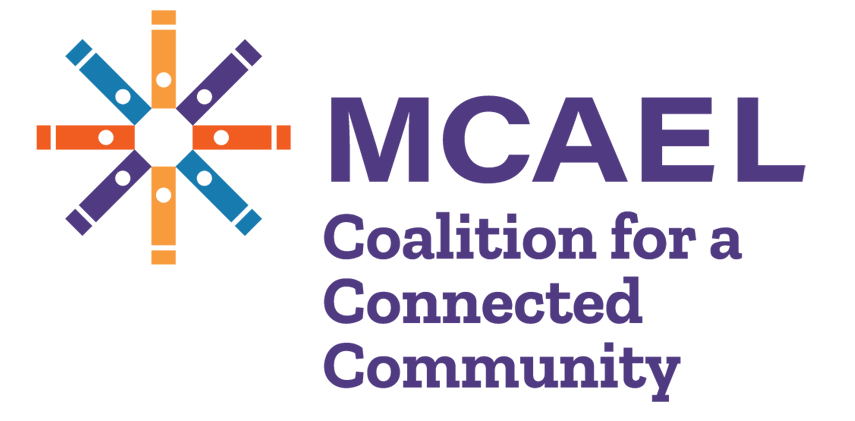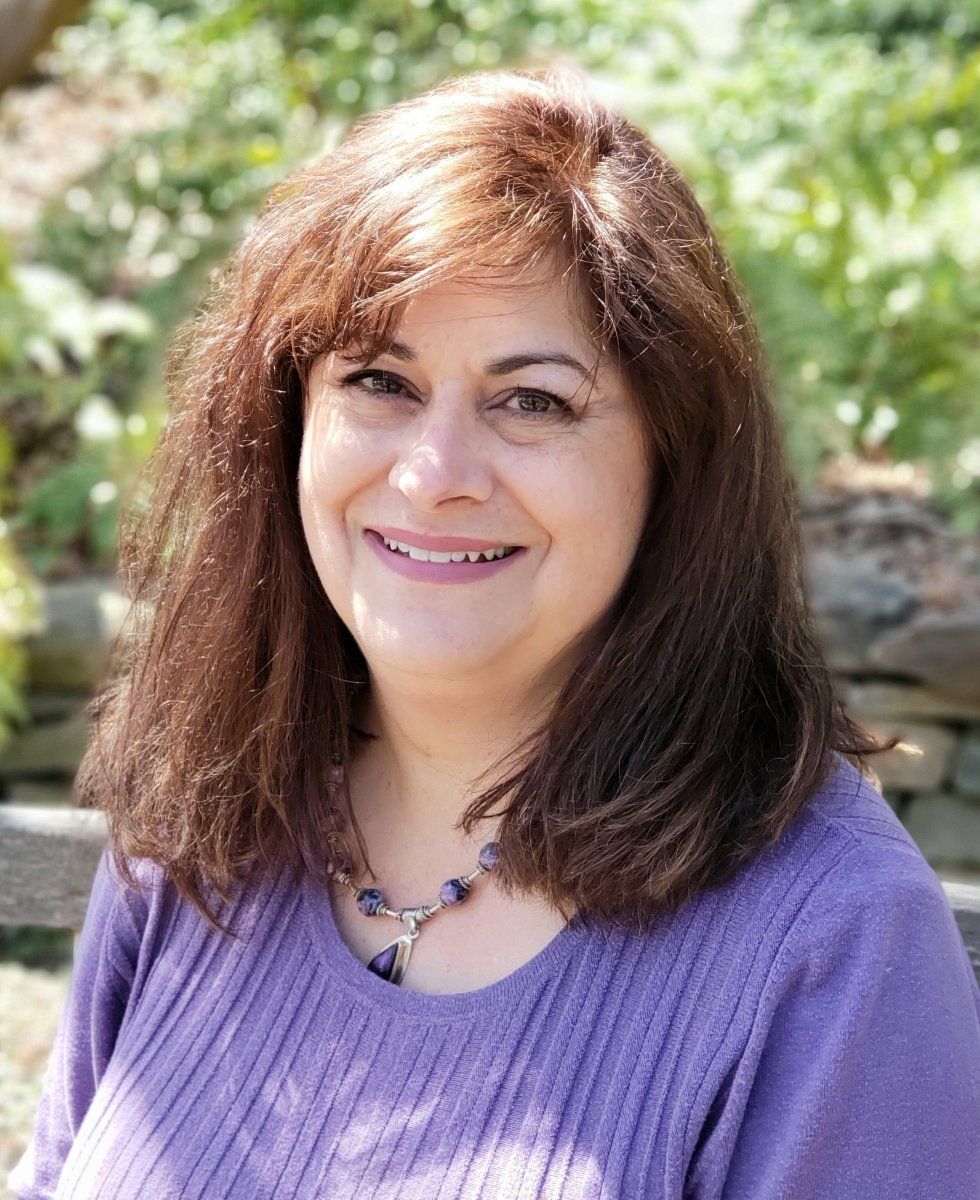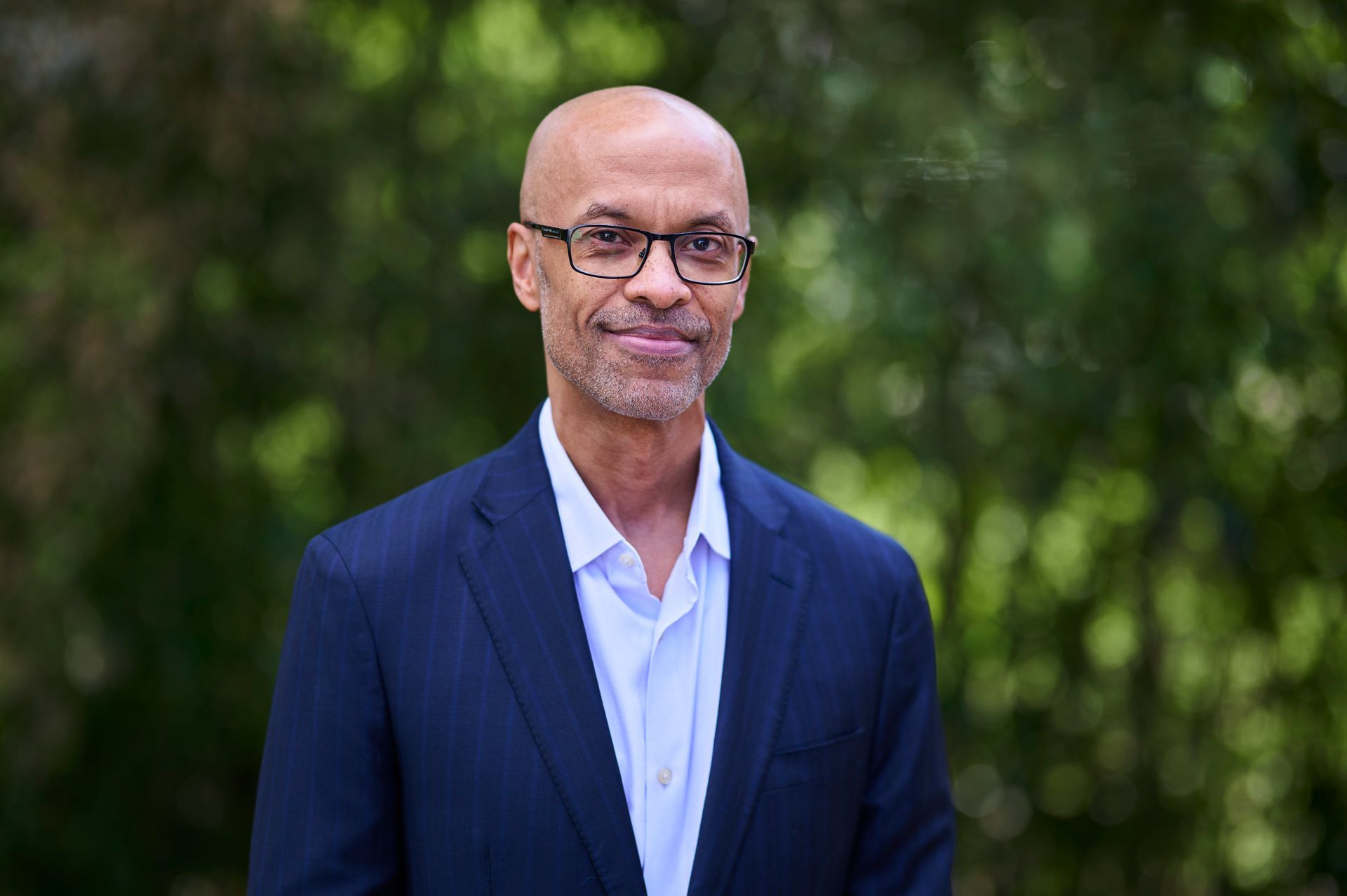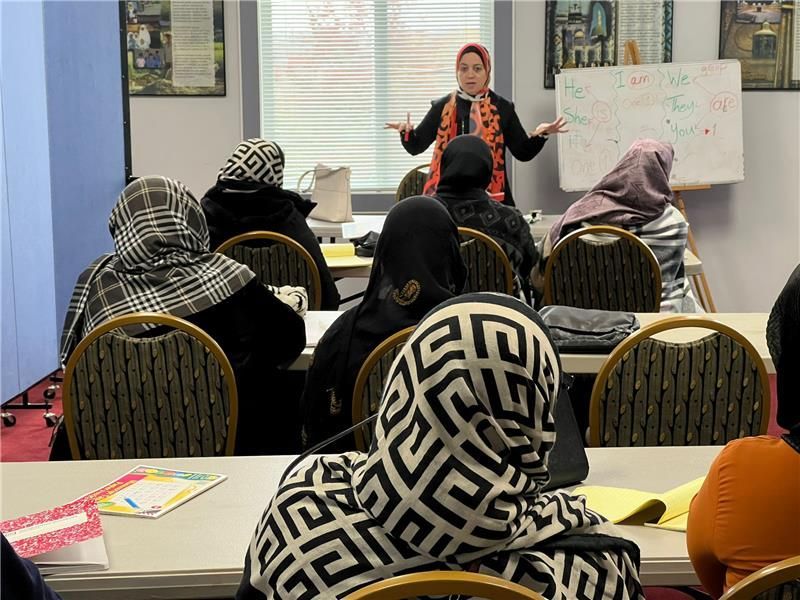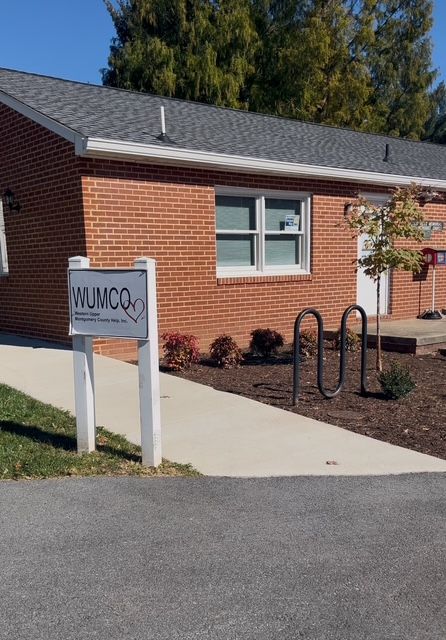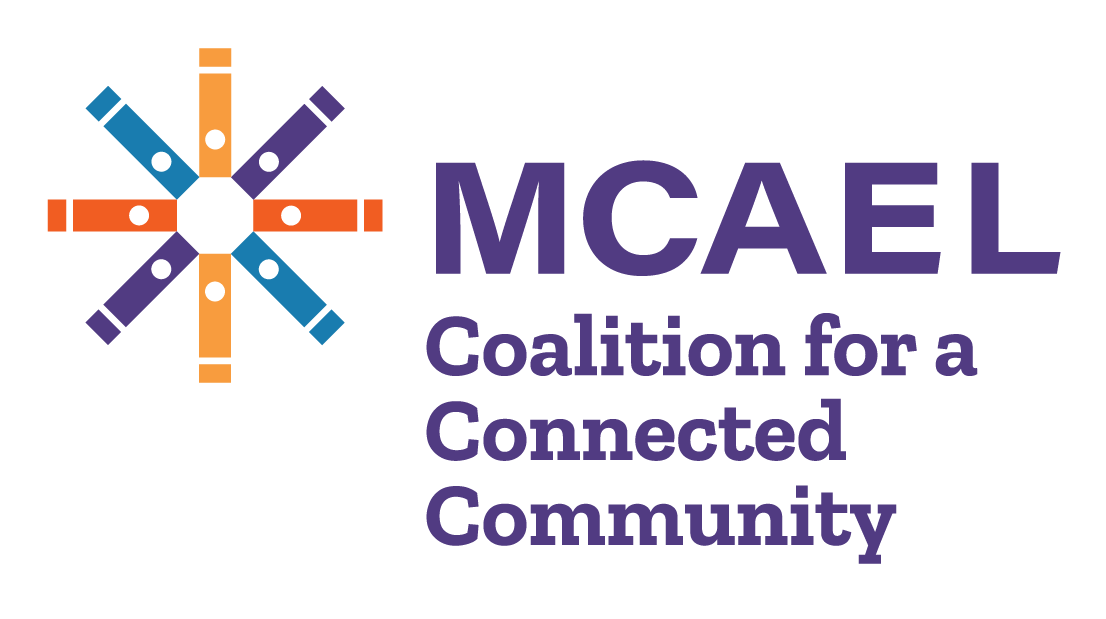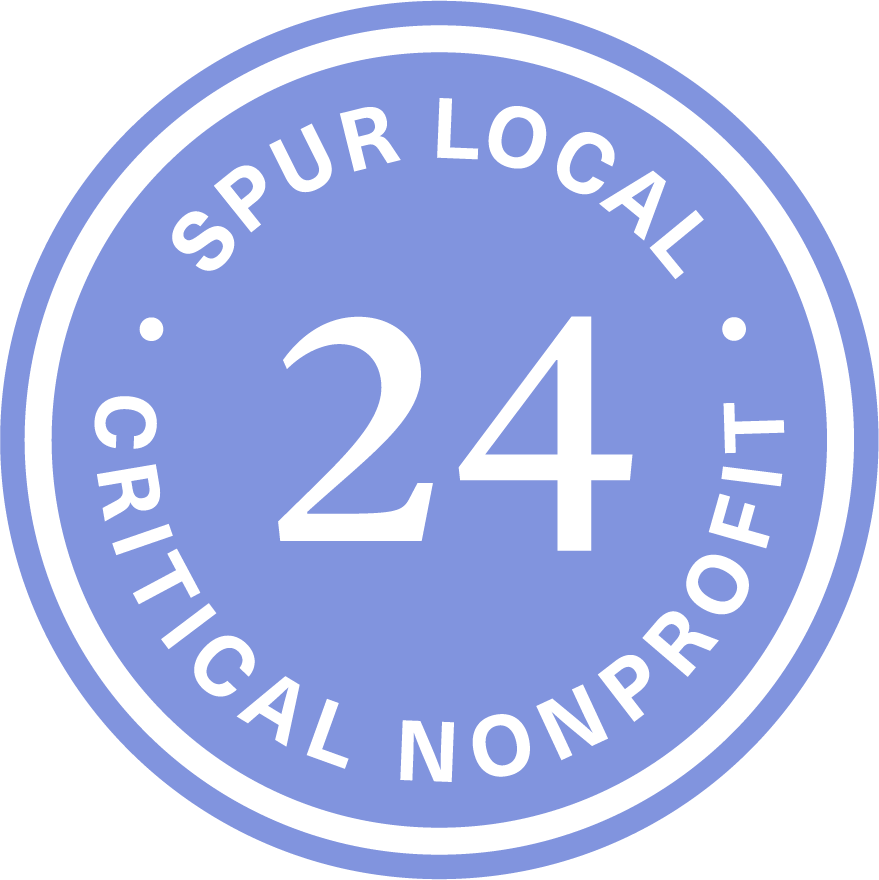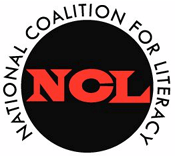Tell us a little bit about yourself and what has inspired you to be a teacher?
I am the proud mom of four young adult children (19-27) and am grateful to have two talkative cats and two adorable little dogs to keep me company now that my kids have soared from the nest. I am an elementary school library media specialist in Montgomery County Public schools. I am a lifelong learner and I believe that the library is a place for readers to imagine, explore, create, and soar! I serve at my church in various areas, which is very important to me. I also serve on the planning committee of the Gaithersburg Book Festival, and on the Board of Trustees for the Friends of the Library, Montgomery County. I believe it is extremely important to serve my community, and to give of my time and talents to others. I love helping others, and teaching English to my adult learners is so very rewarding.
What are the biggest challenges you face as an ESOL teacher?
I teach at my church’s ESOL program at Seneca Creek Community Church. We believe that the work we do with learners is a ministry to our community. The biggest challenge I face as an ESOL teacher is that I cannot do more for my adult learners. Currently, I teach Intermediate II, so my learners have a good understanding of the English language, but they sometimes get discouraged. They are so supportive of each other and encourage each other when they stumble. I remind my adult learners that English is a difficult language to learn and most of them are not immersed in it on a daily basis. I remind them to not give up, even if, and when, things are challenging. Effort, motivation, and persistence are so important for achieving their goals. I am very proud of the time that my adult learners put into their own education, and I hope that I am helping them achieve their goals.
What has teaching remotely during a global pandemic taught you?
I am an MCPS elementary school librarian, and a saying we have in our school library media program is to be “brave before perfect", which also applies to teaching remotely. At the beginning, when our ESOL program first switched to remote learning, things weren't perfect, but we had a dedicated team of volunteers at Seneca Creek Community Church willing to step out in faith. The pandemic taught me that thinking outside the box was not only important, but essential, and that my adult learners were up to the challenge. Offering our classes virtually has helped some of my learners attend when they wouldn’t have been able to in person. For example, if their child was sick, or if they were out of town, they could still attend class. I have one learner who attended class while she made her deliveries for work, and others as they traveled with their family. I even taught my class one Saturday morning from my hotel room when I was out-of-town.
What advice would you give to a new ESOL teacher or volunteer?
My advice is to be open and welcoming and to build relationships with your learners. Provide lots of opportunities for your learners to speak with each other. I start each class with a fun discussion question and encourage each of them to answer and respond to each other in a casual, conversational way. For example, I might ask, “What is your favorite season, and why?” Or “Would you rather play basketball or soccer, and why?” It helps them find commonalities with each other (and me), and often brings on joyful laughter as we share our stories. In my experience, adult learners appreciate everything you do, and don’t expect you to be perfect. We learn best from our mistakes. I often use my imperfections as a learning tool - I have been speaking and writing in English for 55 years, and I don’t always get it right!
What have been your favorite pastimes during COVID-19?
I love to read and write. I read a lot of children’s books for my job, but I also love to read them - especially picture books. I also enjoy reading historical fiction, mysteries, and romance novels. I write poetry and I have been writing children’s stories that I hope will get published some day! I walk a lot with my dogs, and really enjoy getting out in nature. Light hiking around the lake at Seneca Creek State Park or a bit more advanced hiking at Sugarloaf Mountain is so invigorating, and good for my soul. I also started indoor rock climbing with two of my kids. They are so encouraging, and it really empowers me when I can reach the top of a 40-50 foot wall!
What do you find most rewarding about your work?
The most rewarding part of teaching is when I see a learner’s proud smile when they succeed in mastering a tricky pronunciation or grammatical rule. I also love to see my learners help each other, and to listen as they share in their successes when they have been able to accomplish something because their English has improved.
What is something you learned about your students during this remote teaching period?
I have learned that my adult learners have overcome many challenges and are determined to continue improving their lives for themselves and their families. We pray for each other during challenges and are encouraging of each other’s successes. We have a WhatsApp group so that we can reach each other throughout the week. I tell them often that they are my heroes.



